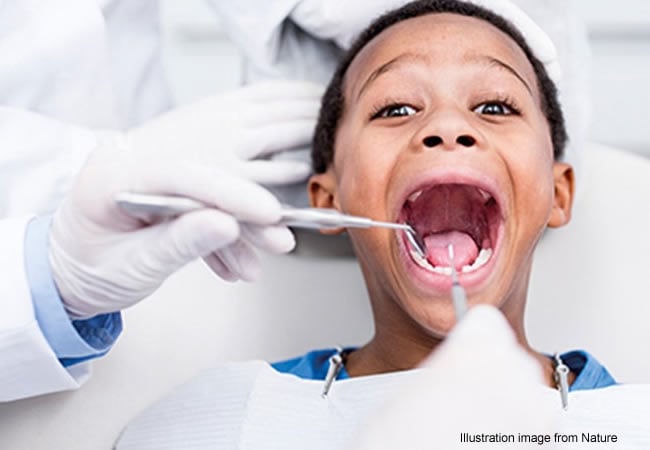Dr. Tope Adeyemi, the president of the Nigerian Dental Association, has highlighted the concerning issue of brain drain affecting the health sector, including the field of dentistry.

He revealed that the speciality faces challenges, with one dentist responsible for treating approximately 54,000 Nigerians, a stark contrast to the recommended ratio of 1:5,000.
Dr. Adeyemi conveyed this information in a statement provided to PUNCH Healthwise on Thursday, coinciding with the observation of World Oral Health Day on March 20.
This year’s theme, ‘A Happy Mouth is…A Happy Body,’ emphasizes the importance of oral health in overall well-being.
The NDA president expressed alarm over the lack of access to dental care in many rural areas, where dentists and oral health services are scarce or virtually non-existent.
He said, “We wish to draw the attention of the Nigerian Government to the severely limited access to oral health care services in Nigeria, especially in the rural areas. Nigeria has an estimated population of 218,541,212 in 2022.
“This gives an estimated dentist-to-population ratio of 1:53,828. This implies that a Dentist is responsible for the oral health care of approximately 54,000 persons in Nigeria! This is far from the recommended ratio of 1: 5,000.
“This Dentist to population ratio is worse in the rural areas due to near absence of personnel and oral health care services in primary health care centres in the rural areas in Nigeria.”
The president of the Nigerian Dental Association (NDA) advocated for the integration of preventive oral care services into the primary health care offerings provided by the National Health Insurance Authority (NHIA).
READ ALSO: Mohbad’s Mother Alleges Son Buried Alive by Father Before Death
These services include scaling and polishing of teeth, fluoride therapy, dental filling, dentures, and basic tooth extraction.
Adeyemi said, “Currently, oral care services are mostly accessed as a secondary level of care in the NHIA. Additionally, there should be integration of oral health services into the primary health centres. Doing these will reduce the burden of common preventable oral diseases as well as save costs for dental expenditure.
“In addition, the NDA earnestly calls for multi-sectorial efforts to increase the capacity of training institutions for dentists. Incentives such as improved conditions of service and access to soft loans to establish dental clinics can greatly assist in curbing the brain drain of dentists.”
He advocated for the establishment of a Directorate of Dentistry within both federal and state ministries of health. This, he emphasized, would bolster the advancement and effective execution of policies concerning oral health.
Highlighting the necessity of such a directorate, the dentist stressed its pivotal role in guaranteeing the comprehensive integration of oral health care into primary health care systems. Additionally, he underscored its importance in facilitating the delivery of vital oral health services, particularly in marginalized rural regions.
“On the provision of oral health services to underserved areas, the NDA through the ‘Talk to a Dentist’ programme brought oral health services to underserved and underprivileged communities. This downstream approach has greatly improved access to oral health services, and awareness and reduced the burden of oral diseases.
“Finally, all hands must be on deck with participation at multiple levels to achieve optimal oral health for all through promotion, advocacy, education, and development which the Nigerian Dental Association is auspiciously inclined and strategically positioned,” the oral health practitioner noted.
The dentist warned that untreated oral diseases could cause severe disability and death and reiterated the need for healthy oral hygiene practices like brushing morning and night with fluoridated toothpaste, stopping unhealthy lifestyles and a bi-annual dental check-up.









Leave a Reply